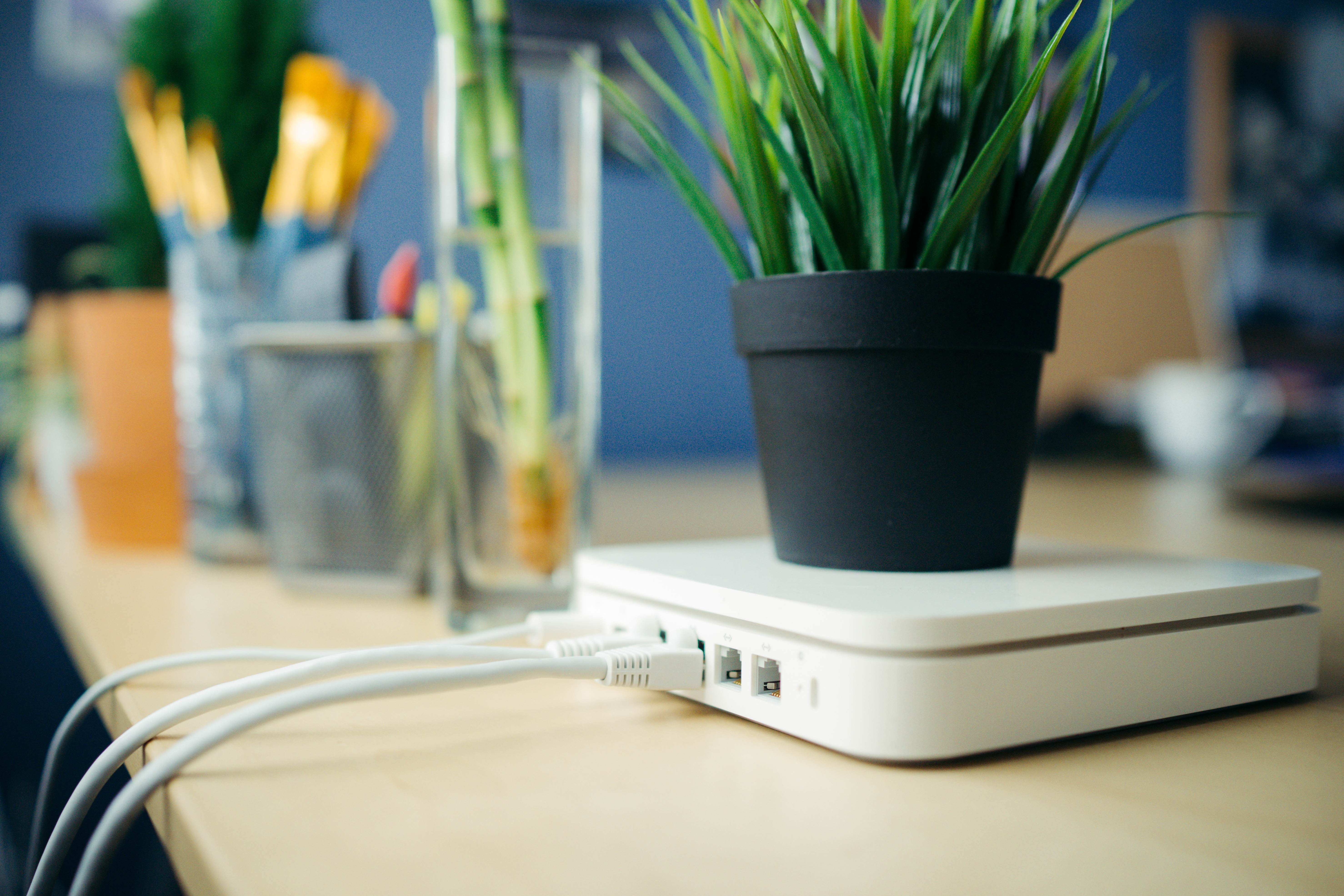Comparing Internet Speeds: Which Is Best for Your Home?
Discover the best internet speeds for your home in New South Wales. Compare internet providers, including Optus home internet, to find the perfect plan based on your needs and budget.

In today's world, having reliable and fast internet at home isn't just a luxury; it's a necessity. Whether you're working from home, streaming your favorite shows, or simply browsing the web, the quality of your internet connection plays a huge role in how enjoyable and productive your online experience is. With so many internet options available in New South Wales (NSW), finding the best internet provider for your specific needs can be a bit overwhelming. From ADSL to NBN, and everything in between, what do you need to know to make the right choice? Let’s take a deep dive into comparing internet speeds and how to choose the right plan for your home.
The Need for Speed: Why Internet Speed Matters
Before we start comparing different internet providers, it’s important to understand why internet speed is so important. In essence, internet speed determines how fast you can download files, stream content, browse websites, and play online games. Internet speeds are usually measured in megabits per second (Mbps), and faster speeds generally mean better performance.
Internet speed affects several key activities in the following ways:
-
Streaming and Video Calls: With higher speeds, you can stream in HD or even 4K without buffering or interruptions. Video calls, especially those with multiple participants, require good speeds to maintain smooth communication.
-
Downloading and Uploading Files: Fast internet speeds make downloading large files, such as movies, games, or software, much quicker. Similarly, if you’re uploading videos to YouTube or backing up data to the cloud, faster speeds are essential.
-
Gaming: For gamers, a fast and stable connection is critical for reducing lag and ensuring smooth gameplay. Slow speeds can result in frustrating delays or lag during gaming sessions.
-
Multiple Users: If you have a household full of people using the internet simultaneously—whether for working, studying, or streaming—higher speeds can handle more devices without slowing down your connection.
According to a recent survey by the Australian Bureau of Statistics, 88% of Australian households reported using the internet, and 60% of people prefer high-speed broadband for seamless internet experiences (Source: Australian Bureau of Statistics). However, the question remains—what internet speed should you aim for, and which provider offers the best deal?
Types of Internet Connections Available in NSW
In New South Wales, there are several types of internet connections to choose from. Understanding each option will help you make an informed decision. Here are the most common types:
1. ADSL (Asymmetric Digital Subscriber Line)
ADSL is one of the oldest types of internet connections, and it’s still available in some areas of NSW. It uses copper phone lines to deliver internet to your home. While it can provide speeds of up to 20 Mbps, ADSL is becoming increasingly outdated. It also tends to slow down the further you are from the exchange.
Pros:
-
Widely available in many rural and regional areas.
-
Lower monthly costs compared to other options.
Cons:
-
Slower speeds, especially compared to more modern technologies.
-
Performance can be impacted by distance from the exchange.
2. NBN (National Broadband Network)

The NBN is the Australian government’s initiative to upgrade the country’s internet infrastructure. The NBN is available in most urban areas across NSW and offers various speed tiers. This technology uses a combination of fiber-optic cables, fixed wireless, and satellite connections. The NBN provides much faster and more reliable internet speeds compared to ADSL.
NBN Speed Tiers:
-
NBN 25 (Basic Plan): Speeds up to 25 Mbps, suitable for basic browsing and video streaming.
-
NBN 50 (Standard Plan): Speeds up to 50 Mbps, ideal for families or multiple users.
-
NBN 100 (Fast Plan): Speeds up to 100 Mbps, perfect for heavy usage, including 4K streaming and online gaming.
-
NBN 250 and NBN 1000 (Premium Plans): Speeds above 250 Mbps, ideal for large households with high-demand usage.
Pros:
-
Faster speeds, particularly with fiber connections.
-
Reliable and available in most areas of NSW.
-
Supports multiple devices at once.
Cons:
-
Can be more expensive than ADSL or mobile broadband.
-
Speeds can vary depending on the type of NBN connection available in your area (FTTP, FTTN, FTTC, HFC).
3. Cable Broadband
Cable broadband is another option that uses coaxial cables to deliver internet. It's typically faster than ADSL and available in certain parts of NSW. Cable broadband speeds can range from 30 Mbps to 100 Mbps, depending on the plan and location.
Pros:
-
Reliable speeds with minimal slowdowns.
-
Less affected by distance from the exchange compared to ADSL.
Cons:
-
Limited availability in rural or remote areas.
-
Speeds may fluctuate during peak usage times.
4. 5G Home Internet
5G home internet is a relatively new and exciting option in certain areas of NSW. It uses the latest 5G mobile technology to deliver super-fast internet speeds over the air. If you’re lucky enough to live in a 5G-enabled area, you might experience speeds that rival NBN 1000 plans.
Pros:
-
Extremely fast speeds (up to 1 Gbps in some areas).
-
No need for a fixed-line connection.
Cons:
-
Limited availability, especially in rural areas.
-
Can be more expensive than traditional broadband plans.
How to Find the Best Internet Providers in NSW
Finding the best internet providers for your home in NSW can be tricky, but with a little research, you can make an informed decision. Here are a few tips to help you find the right fit for your needs:
-
Check Availability in Your Area: Not all types of internet are available in every area. For example, the NBN may be available in your suburb, but if you're in a regional or rural location, you may have limited options. Check what internet providers and speeds are available in your area.
-
Consider Your Usage: Think about how you use the internet. If you mostly browse the web and check emails, you don't need a high-speed plan. However, if you stream HD content, play online games, or have multiple users in your household, you’ll need faster speeds to avoid slowdowns.
-
Compare Prices and Plans: Prices for internet plans can vary widely. Be sure to compare the cost of different providers and check if there are any hidden fees (e.g., installation or equipment costs). Many providers also offer discounts or bundle deals, so it’s worth shopping around.
-
Customer Service: The quality of customer service can make a big difference when dealing with any internet issues. Optus, for example, is known for its reliable customer service and user-friendly interface. Look for customer reviews or ratings to see how the provider handles support and issues.
-
Speed vs. Reliability: While faster speeds might be tempting, reliability is just as important. Choose a plan that offers the right balance between speed and reliability for your needs. Even if you don’t need the highest speed, you want a connection that won’t drop during critical moments.
If you're in NSW, you might consider finding the best internet providers in NSW, Optus home internet reliable option for high-speed and connectivity.
Tips for Maximizing Your Internet Speed at Home
Once you’ve selected your internet plan, there are a few things you can do to ensure you’re getting the best speeds at home:
-
Use a Wired Connection When Possible: For the most stable connection, connect your devices directly to the router using an Ethernet cable. Wi-Fi can be convenient but may experience interference or range limitations.
-
Position Your Router Wisely: Place your router in a central location in your home, away from walls and obstructions. Avoid putting it near other electronic devices that could interfere with the signal.
-
Upgrade Your Equipment: If your router is old, it might be time to upgrade to a newer model that supports higher speeds and the latest Wi-Fi standards.
-
Limit the Number of Devices Connected: If multiple devices are connected to your Wi-Fi at once, it can slow down the network. Disconnect devices that aren’t in use, especially if they’re using large amounts of data.
Conclusion
Choosing the best internet speed for your home ultimately depends on your needs, location, and budget. Whether you’re after a basic connection for browsing or you need ultra-fast speeds for streaming and gaming, there are plenty of options to choose from in New South Wales. Be sure to compare your options and choose a plan that provides the right balance of speed, reliability, and price.
Don’t forget to check for the best internet providers in your area and consider options like Optus home internet if you’re looking for a reliable and affordable service. The internet is now more important than ever, and with the right provider and plan, you’ll ensure your home stays connected and productive for years to come.
FAQs:
-
What is the best internet speed for a household in NSW? The best internet speed for your household depends on your usage. For casual browsing, speeds of around 25 Mbps should suffice, while for streaming or gaming, speeds of 50-100 Mbps are ideal.
-
Is NBN faster than ADSL? Yes, the NBN is generally much faster and more reliable than ADSL. The NBN offers speeds of up to 100 Mbps and more, while ADSL tends to max out around 20 Mbps.
-
Can I get Optus home internet in my area? Optus home internet is available in most urban areas of NSW. However, availability in rural areas may vary, so check Optus' website for your specific location.
-
How do I find the best internet providers in NSW? To find the best internet providers in NSW, compare plans, speeds, and customer reviews. Websites like Optus can help you explore available options in your area.
-
How can I maximize my internet speed at home? To maximize your internet speed, use a wired connection when possible, ensure your router is placed in a central location, and limit the number of devices connected to your network.

 dedraw
dedraw